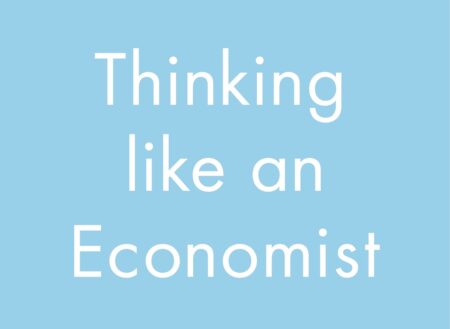As the water level drops on Lake Powell, we have a chance to restore both the habitat of Glen Canyon and an earlier approach to public energy provision, when natural resources were shielded from capitalist exploitation and harnessed for the public good.
Campus culture wars over DEI programs, gender nonconformity, and student debt cancellation might seem like distractions from the real problems facing higher education. However, they all tell us something important about the purpose of higher ed, because they all concern the central questions of hierarchy and its reproduction.
Louise Seamster, Blake Emerson, Marshall Steinbaum, Ryann Liebenthal, Jonathan Glater, Persis Yu, and Luke Herrine offer their initial reactions to the Supreme Court's invalidation of the Biden administration’s student debt cancellation program.
Seven friends of the blog offer their initial reactions to the FTC's recent policy statement on unfair methods of competition.
In charting economists’ pernicious influence on public policy, Beth Popp Berman contrasts an "economic style," which focuses on efficiency, choice, and competition, with an alternative approach that favors equality, stability, and democratic participation. But that framing is not faithful to the actual debates that took place, out of which the economic style achieved its dominance, because it gives no account of the alternative economic views and theories that were displaced.
In the fight to regulate the gig economy, unions, workers, and their allies have only fought half the battle: they have tried to defend the definition of employment against technology-enabled erosion. Antitrust prohibitions against vertical restraints, which prevent firms from exercising control in the absence of an employment relationship, offer a complementary strategy to address the threat posed to workers by the gig economy.





